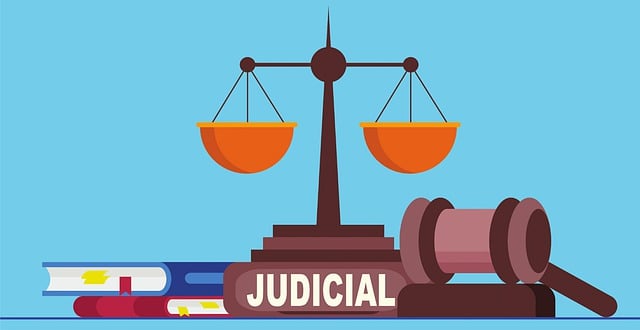Pain and suffering claims are a critical component of personal injury cases, including wrongful death scenarios, compensating individuals for physical and emotional distress. These awards measure justice and harm. In litigation, pain and suffering is a primary factor in settlements, with jurors assessing non-economic damages like physical pain, mental anguish, and loss of quality of life. Skilled lawyers gather medical records and expert opinions to ensure fair compensation reflecting reduced quality of life, particularly in cases involving serious injuries requiring long-term care. This dual approach ensures fairness in wrongful death pain and suffering cases.
“In any legal case involving personal injury, especially wrongful death claims, the impact of pain and suffering damages cannot be overlooked. This comprehensive guide delves into the intricate world of pain and suffering claims, exploring their profound effects on settlement amounts. We’ll dissect how these claims are evaluated, offering strategies for professionals to assess their validity and severity accurately. Understanding these nuances is pivotal in navigating complex legal landscapes, ensuring fair settlements, and providing just compensation for victims’ endured hardships.”
- Understanding Pain and Suffering Claims
- Impact on Settlement Amounts
- Strategies for Accurately Evaluating Claims
Understanding Pain and Suffering Claims

Pain and suffering claims are a significant aspect of personal injury cases, including wrongful death scenarios. These claims compensate individuals for the physical and emotional distress they endure due to someone else’s negligence or intentional actions. The impact of such settlements extends beyond financial reimbursement; they serve as a measure of justice and recognition of the harm caused. When a person suffers an injury in a truck accident or experiences medical malpractice, pain and suffering awards aim to provide relief for their immediate discomfort and long-term emotional turmoil.
In personal injury litigation, including wrongful death cases, pain and suffering claims are often one of the primary factors influencing settlements. Jurors or judges assess non-economic damages, such as physical pain, mental anguish, loss of quality of life, and emotional distress, to determine a fair compensation package. In comparison to medical bills and lost wages (which are considered economic damages), evaluating pain and suffering can be more subjective but is no less crucial in achieving a just settlement, whether it’s for a truck accident settlements, medical malpractice settlement, or injury claim.
Impact on Settlement Amounts

In personal injury cases, particularly those involving wrongful death due to pain and suffering, the impact on settlement amounts is profound. Jurors or judges often consider the extent and duration of physical and emotional anguish as key factors when determining compensation. Cases with a clear showing of severe and persistent pain and suffering typically command higher settlements. This is especially true in cases where the victim has suffered from serious injuries resulting from a car accident, for instance, and must contend with long-term medical care and reduced quality of life.
A skilled personal injury lawyer, such as those found in Miami, can play a crucial role in navigating these complex claims. They work diligently to present compelling evidence that highlights the full extent of their client’s pain and suffering, leveraging medical records, expert testimony, and even the insights of specialists to ensure that the settlement amounts reflect the true impact on the victim’s life. This thorough approach is essential for securing just compensation, especially in high-stakes cases involving substantial damages for wrongful death pain and suffering.
Strategies for Accurately Evaluating Claims

Evaluating pain and suffering claims accurately is paramount in wrongful death or serious injury cases, such as those involving medical malpractice settlements. This process requires a multifaceted approach to ensure fairness for all parties involved. First, gathering comprehensive medical records and expert opinions is crucial. These documents provide an objective basis for assessing the severity and impact of the injuries, which in turn helps determine an appropriate settlement amount.
Additionally, focusing on both physical and emotional distress is essential. While serious injuries are readily quantifiable, pain and suffering claims often require a more subjective evaluation. This involves considering factors like the duration and intensity of pain, limitations on daily activities, and psychological impacts. By integrating these elements into the assessment, legal professionals can more accurately represent the full extent of harm suffered by the claimant, ensuring just compensation in injury claims.
Pain and suffering claims play a significant role in personal injury cases, especially in wrongful death scenarios. By understanding the impact of these claims on settlement amounts, attorneys can employ effective strategies for evaluation. This ensures fair compensation for victims’ physical and emotional distress, fostering a balanced resolution process in complex legal matters.






